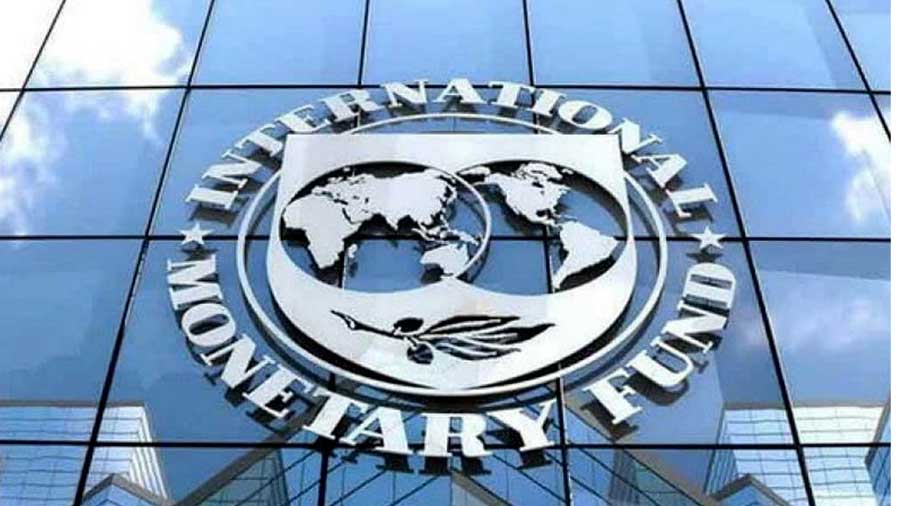Business News
IMF projects 6.5% growth for India, but flags consumption and geopolitics risks
.png)
3 min read | Updated on March 03, 2025, 13:10 IST
SUMMARY
The International Monetary Fund warned of risks from global geopolitical fragmentation, oil price volatility, and weak domestic consumption.

Multilateral financing agency International Monetary Fund (IMF) has said that India will retain its position as the fastest-growing major economy by clocking a GDP growth of 6.5 per cent in 2025-26.
The International Monetary Fund (IMF) said that India’s economic growth remains robust despite recent moderation but warned of risks from global geopolitical fragmentation and domestic consumption weakness.
India’s economy expanded by 6% year-on-year in the first half of the 2024-25 fiscal year, supported by strong private consumption and macroeconomic stability, the IMF said in a statement following its annual Article IV consultation with the country.
The global lender expects GDP growth to accelerate to 6.5% in both 2024-25 and 2025-26.
Inflation, while broadly within the Reserve Bank of India’s (RBI) tolerance band, has been volatile due to food price fluctuations.
The IMF projected inflation to converge towards target levels as food price shocks subside. The current account deficit is expected to remain moderate, widening slightly to 1.3% of GDP in 2025-26, supported by strong service exports.
The IMF cautioned that global uncertainties pose risks to India’s outlook. Geoeconomic fragmentation and regional conflicts could disrupt external demand and fuel oil price volatility, which may strain the country’s fiscal position. Domestically, weak real income recovery and weather shocks affecting agriculture could weigh on private consumption and investment, it said.
However, deeper structural reforms could provide upside potential by stimulating private investment and employment, the IMF noted.
"...comprehensive structural reforms are crucial to create high-quality jobs, invigorate investment, and unleash higher potential growth. Efforts should focus on implementing labour market reforms, strengthening human capital, and supporting greater participation of women in the labour force," it added.
Boosting private investment and FDI, the IMF statement said, was vital and would require stable policy frameworks, greater ease of doing business, governance reforms, and increased trade integration. These would include both tariff and non-tariff reduction measures.
IMF directors commended India’s prudent macroeconomic policies and fiscal consolidation efforts, including the adoption of a debt target as a medium-term fiscal anchor. They called for continued fiscal prudence, with a focus on raising domestic revenues and rationalising subsidies to create space for infrastructure and social spending.
The IMF praised the RBI’s approach on monetary policy and suggested that there may be room for gradual rate cuts, depending on inflation trends. The Fund also recommended allowing greater exchange rate flexibility to absorb external shocks, while limiting foreign exchange interventions to disorderly market conditions.
India’s financial sector remains resilient, with non-performing loans at multi-year lows, the IMF said. However, it urged authorities to strengthen financial sector supervision and align regulations with global standards to address vulnerabilities, particularly in nonbank financial institutions and concentrated exposures to infrastructure and power sectors.
By signing up you agree to Upstox’s Terms & Conditions
About The Author
Next Story

